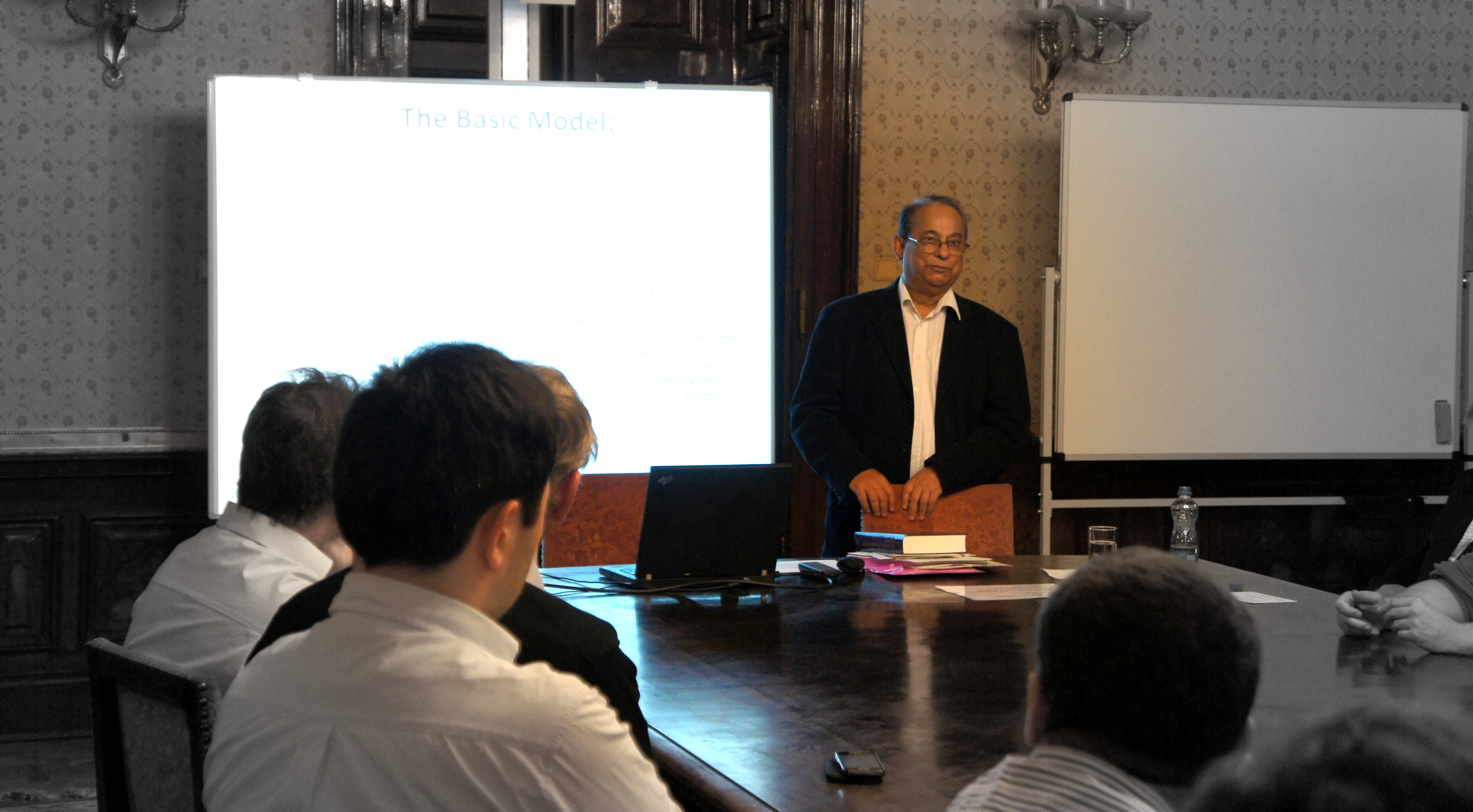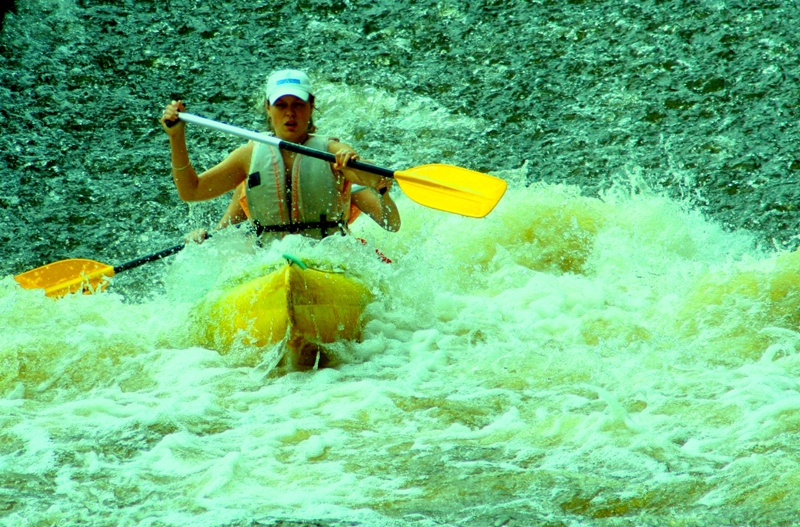Could we have predicted the crisis? Were there hidden clues and we just didn’t know where to look? Professor Bhattacharyya (University of Essex) is on a mission to measure the hidden economy and understand what it can tell us about macroeconomic instability.
Dr. Bhattacharyya’s guest lecture at CERGE-EI, titled “Predicting the 2008 Financial Crises from the Hidden Economy Estimates,” outlined how hidden economy estimates and the methodology used in the estimation procedure allow us to produce an indirect measure of ‘excessive money.’ Previous scholars, notably Raghuram Rajan, have noted that ‘excessive money’ in the economy was a primary cause of the 2008 financial crisis. Dr. Bhattacharyya paper notes that even as early as 1995 there were hidden signals suggesting a possible impending crisis for the UK economy.
were hidden signals suggesting a possible impending crisis for the UK economy.
Could we have predicted the 2008 financial crisis13 years earlier if the authorities had cared to consider this research?
Check out CERGE-EI’s brief interview with Dr. Bhattacharyya:
What is the most important insight from your research?
The most important insight, which is often missed, is that there are signals in this world which are mostly ignored by mainstream economists, and which can predict a lot of things which mainstream economics cannot. More importantly, it highlights the changing economic structure—the informal economy is taking a more important role, so learning about it and how it is interrelated with the normal ‘recorded’ economy is an important part for the future of the world. We hear now that there is 10% unemployment. But how these people can be absorbed into the system is not always necessarily through the process of formal employment—there might be informal employment structures growing. These are very fundamental questions in economic analysis. I don’t know when and how long it will take for this type of research to be taken up in a very deep way—but I won’t be surprised if one day someone working in this area becomes a Noble Prize winner Continue reading What’s Really Hidden in the Hidden Economy? CERGE-EI Interviews Professor Dilip Bhattacharyya
necessarily through the process of formal employment—there might be informal employment structures growing. These are very fundamental questions in economic analysis. I don’t know when and how long it will take for this type of research to be taken up in a very deep way—but I won’t be surprised if one day someone working in this area becomes a Noble Prize winner Continue reading What’s Really Hidden in the Hidden Economy? CERGE-EI Interviews Professor Dilip Bhattacharyya







